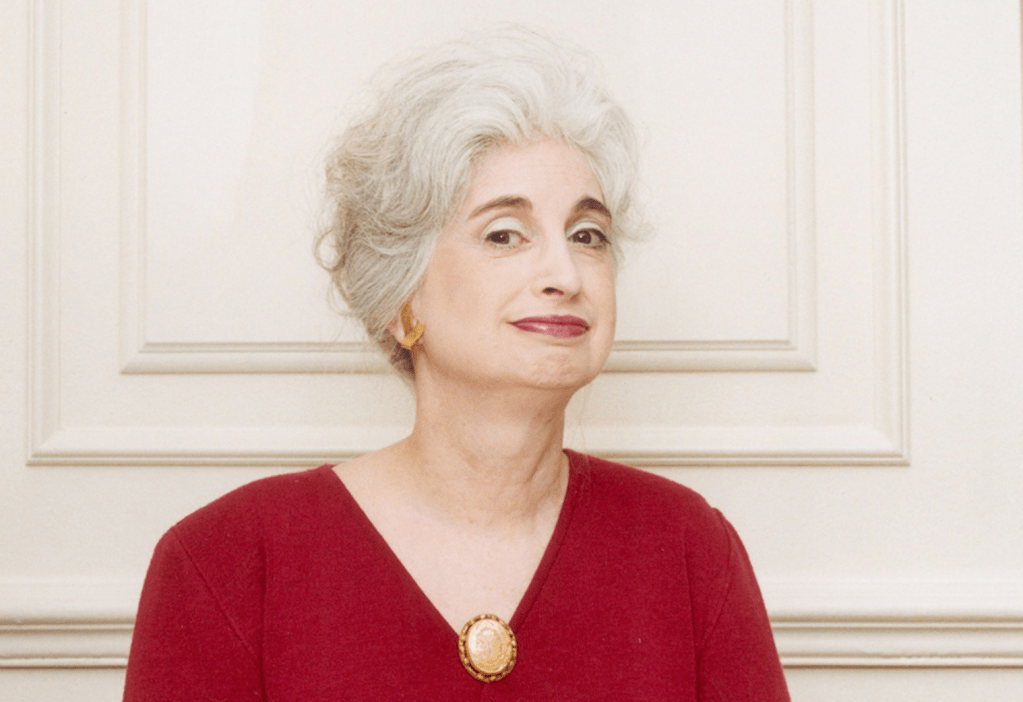GENTLE READER : Why didn’t Miss Manners think of that?
Not only would it solve the problems you mention, but it would allow her to wallow in a treasure trove of forgotten customs.
And as a bonus, it might alert those involved in plays and shows set in the past to use period costumes properly, which they almost never do. Even in lavish movies and television series, the supposedly refined characters eat and drink while wearing gloves, which is — ewww!
Removing gloves before eating is a strict rule. But if you have a glass or a canape or a fork in your hands, that is an obvious and polite excuse for not shaking hands. Just practice the regretful smile that should accompany the refusal.
Aside from protective gloves worn for tasks like waxing your car or dyeing your hair — during which, presumably, you don’t socialize — gloves are now chiefly worn for warmth. Greeting someone outdoors in the cold should not therefore be a problem.
But gloves were once a routine part of a proper outfit worn outside of one’s home, regardless of the weather: cotton gloves for spring and summer, fine leather for formal occasions, and heavier leather or wool for fall and winter. Oh, and slippery ones for striptease acts.
P.S. It is true that gentlemen — but not ladies — were supposed to remove their gloves when shaking hands. But Miss Manners is hereby suspending that rule.
DEAR MISS MANNERS : An elderly friend died last year after a long decline. I was very fond of her, as she was of me, and I visited her regularly after she moved from her home to the care facility where she died.
I recently received a small monetary bequest. My friend’s executor is the eldest of her three children.
Should I write a thank-you note for this bequest, and if so, to whom should it be addressed?
Obviously I can’t write to my deceased friend, though I do think of her gratefully almost every day for her love and many kindnesses. Yet I don’t think much of the children — they neglected my friend and left her lonely for many of her final months — and am not keen to give them credit by thanking them for a bequest that was A. not of their generosity, and B. handled entirely by lawyers.


